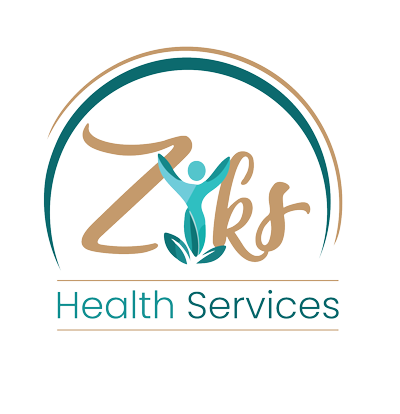Giving birth to a new life is stressful—no matter how much you might’ve looked forward to bringing your child into this world. Considering the tremendous amounts of responsibilities, sleep deprivation, and lack of time left for yourself, it’s no surprise that many new mommies often start feeling as though they’re on an emotional rollercoaster ride.
Mood swings and mild depression are incredibly common in new moms. Hence they’ve been given the name of ‘baby blues.’ But how to tell whether you’re experiencing Post-Partum Depression (PPD) or just the baby blues?
PPD or The Baby Blues?
Most women experience at least a few symptoms of the baby blues right after childbirth. Fatigue, sleep deprivation, isolation caused by hormone changes due to the delivery make all mothers feel overwhelmed, tearful, and emotionally fragile. The baby blues are perfectly normal. However, if the symptoms worsen or don’t go away after a few weeks, it might indicate that you’re suffering from PPD. Here are a few signs no new mother should ignore.
Signs Of PPD
Post-partum depression and the baby blues seem alike as they share several symptoms, such as crying jags, mood swings, irritability, sadness, and insomnia. The primary difference is that symptoms of PPD are far more severe and long-lasting, such as the inability to care for the newborn baby or suicidal thoughts.
Some women withdraw from their partners or are unable to bond properly with the newborn baby. Other feel helpless and anxious, which disrupts their sleep, even when the baby might be eating or sleeping properly. Sometimes, the feeling of worthlessness or guilt can also cause new moms to develop thoughts associated with death. All such signs are red flags for PPD and shouldn’t be ignored.

Why Do Some Women Develop PPD?
While there’s no single risk factor as to why some new moms develop PPD and others don’t, it can be caused by several interrelated reasons, including but not limited to:
Hormonal Changes
Women experience an enormous drop in progesterone and estrogen hormone levels after childbirth. Sometimes the thyroid levels also drop, leading to depression and fatigue. Changes in the immune system’s functioning coupled with blood pressure irregularities and metabolism may trigger PPD in new mothers.
Physical Changes
Giving birth comes with numerous emotional and physical changes, such as dealing with the delivery pain or difficulty losing the baby weight. It can often stir insecurity about sexual and physical attractiveness, leading to PPD.
Stress
The stress that comes with the responsibility of caring for the newborn child can sometimes take a toll. New mommies are often sleep-deprived, anxious, and overwhelmed as they second guess whether they can properly care for the child. These adjustments can sometimes be incredibly challenging for first-time moms because they need to get used to a completely new identity.
What About Post-Partum Psychosis?
While it’s extremely rare, post-partum psychosis is a severe disorder that sometimes develops after childbirth. It makes new mothers lose grip on reality, which means there’s a higher chance of infanticide or suicide. The illness typically develops within the first three weeks of the delivery, sometimes as early as within 48 hours, and needs proper hospitalization to ensure the safety of the baby and the mother.
Symptoms include delusions, hallucinations, disorientation or confusion, rapid mood swings, suicidal actions or thoughts, bizarre behavior, refusal or inability to sleep or eat, thoughts about killing or harming the child, and more.
If you or a new mommy you know demonstrates such symptoms, immediately schedule a psychiatric evaluation session with professionals at Ziks Health Services in New Mexico or Dallas, TX.
You can also reach out to us for a telepsychiatry appointment because we offer a wide range of telehealth behavioral health services for patients looking to improve their health from the comfort of their homes.
Get in touch with us to learn more about our psychiatric services, depression treatment, psychiatric medication management, and more.

